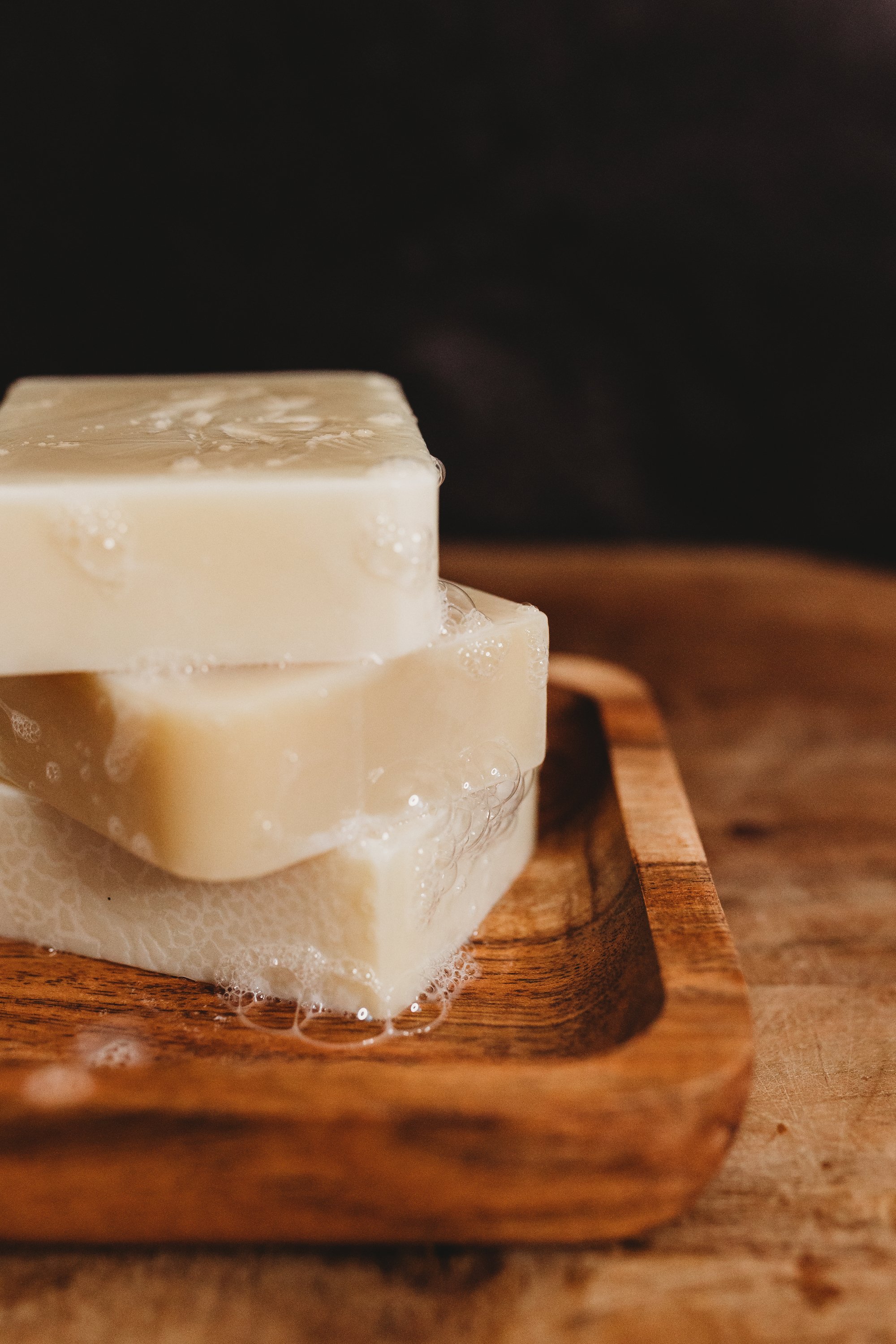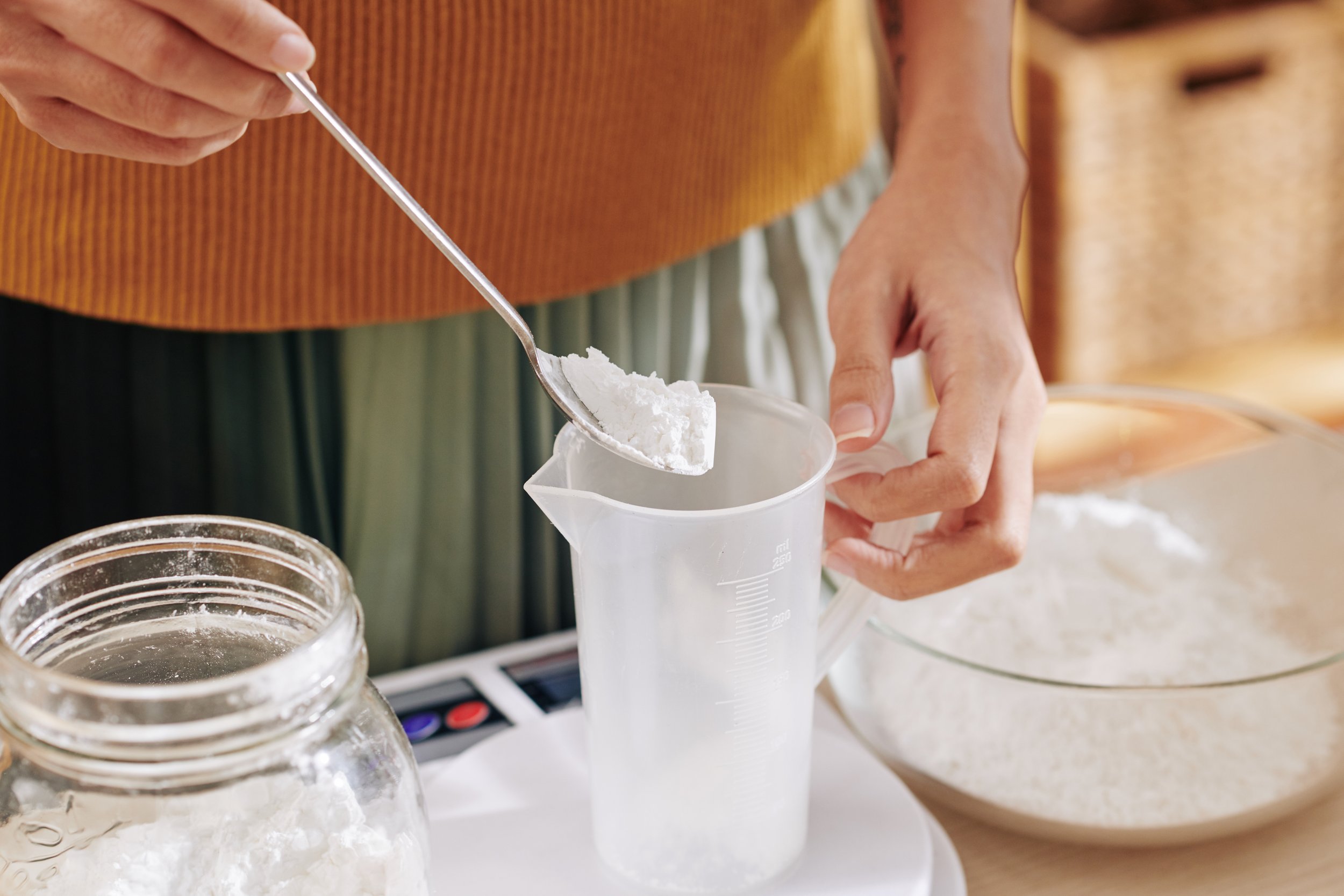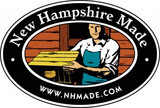Our 2024 Tallow Soap & Balm Wrapped showed us that " What is lye, and why is it used in soap?" is our most-read blog post, which means people are curious about this essential ingredient. So, we decided to dive even deeper into the history of lye—where it comes from, how it was traditionally made, and how today’s soap makers, including us, use precise measurements for consistency.
Lye is the renowned ingredient that turns fats, such as beef tallow, into soap, making it an essential part of traditional and modern soap-making. While today, we rely on carefully measured lye for high-quality soaps, the process wasn’t always this predictable. Historically, people extracted lye from wood ash, a method that required skill, patience, and a bit of luck. Let’s explore how lye has evolved—from its rustic, unpredictable beginnings to the reliable ingredient we use today.
The Origins of Lye
Before commercial lye became available, early soap makers had to create their own alkaline solution. Typically, that meant leaching lye from wood, a technique practiced for centuries across various cultures.
How Traditional Lye Was Made:
Burning hardwood – Soap makers would burn hardwood (like oak or hickory) to produce white ash. Softwoods like pine were avoided because their lower potassium content created a weaker lye.
Collecting the ash – Once cooled, the ash was gathered and placed into a barrel, hollowed-out log, or an ash hopper (a funnel-shaped container).
Leaching with water – Rainwater or soft water was poured over the ash, and as it trickled through, it extracted potassium hydroxide (a form of lye).
Testing for strength – Since there were no precise measuring tools, soap makers used homemade tests:
A raw egg or potato was dropped into the lye water. If it floated to the proper height, the lye was strong enough for soap.
If it sank, the solution was too weak and needed more leaching time.
If it floated too high, it was too strong and needed dilution.
This traditional method worked, but it had one major drawback: inconsistency. The strength of lye varied from batch to batch, leading to soap that was too soft, too harsh, or unpredictable in quality.
The Evolution of Modern Lye
As chemistry advanced, sodium hydroxide (NaOH) became the standard for soap-making. Unlike traditional wood ash lye, which is potassium hydroxide (KOH) and produces softer soap, modern sodium hydroxide creates firm, long-lasting soaps.
How Modern Lye is Made:
Industrial electrolysis – Today, lye is produced by running an electric current through salt water, separating the sodium, chlorine, and hydroxide ions to create pure sodium hydroxide.
Measured precisely – Unlike wood ash lye, modern lye comes in precise, measured flakes, beads, or powder ensuring every batch of soap is consistent.
Controlled pH – Today, we can calculate exactly how much lye is needed for a given amount of oils, preventing harsh soap that could irritate the skin.
Why modern soap-making is more Reliable
Today’s soap makers benefit from:
Predictability – No more guessing if the lye is too strong or weak. Precise measurements create a balanced soap every time.
Safety – Traditional lye-making involved caustic, unpredictable solutions. Modern lye is safer to handle when used properly.
Customization – By calculating the right lye-to-oil ratio, soap makers can create moisturizing, gentle formulas with extra nourishing properties.
Traditional vs. Modern Soap: What’s the Difference?
Combining both for ideal results
While modern lye offers precision and convenience, traditional soap-making methods remind us how resourceful early artisans were in creating a necessary household staple. Handmade, tallow-based soaps still honor this history—using natural ingredients and time-honored techniques—but with the benefit of reliable measurements for safety and consistency.
If you’re a natural soap lover, understanding what goes into your soap helps you make an informed decision about the products you use on your skin. Knowing that real soap requires lye—whether sourced from wood ash or modern sodium hydroxide—allows you to choose authentic, nourishing soaps over synthetic options. The next time you pick up one of our soaps, we hope you’ll appreciate the ingredients and centuries of craftsmanship behind them.





